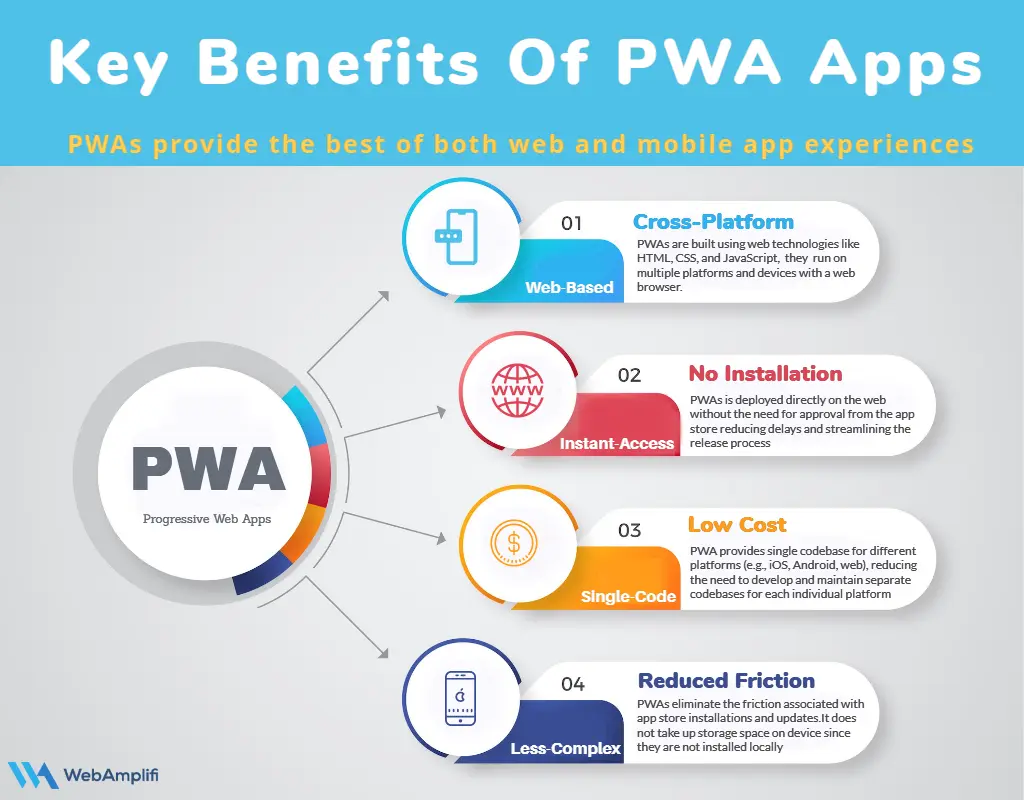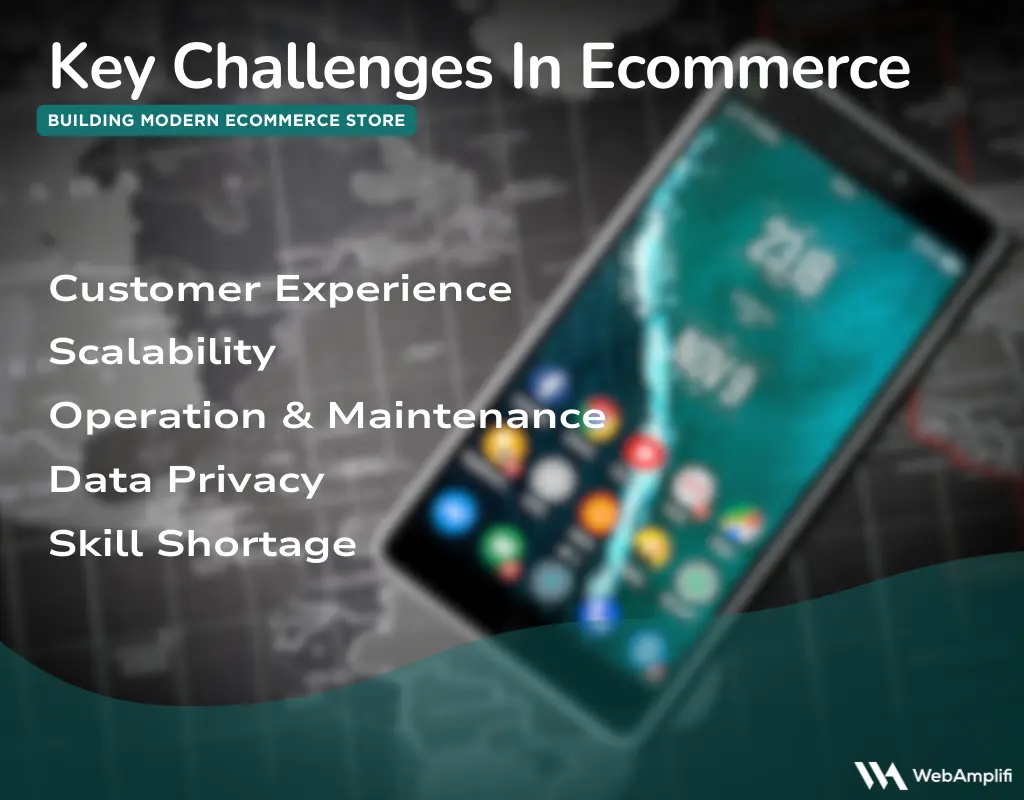Product Recommendations
Discover the various AI use cases in ecommerce and learn how AI algorithms can help you identify patterns, trends, and relations from vast amounts of data.
Product recommendations powered by Artificial Intelligence (AI) play a crucial role in enhancing the customer experience by unlocking the full potential of AI use cases in ecommerce.
AI-powered recommendation engines analyze e-commerce customer behavior, purchase history, and preferences to provide personalized product recommendations. This increases the likelihood of conversion and enhances the overall shopping experience.
AI and Machine learning models, often using collaborative filtering or content-based filtering, are employed to predict user preferences and make personalized recommendations.
Personalized Shopping Experience
A personalized shopping experience in e-commerce involves tailoring every aspect of the online shopping journey to the individual preferences, behaviors, and needs of each customer
AI helps in optimizing pricing strategies by considering a customer’s purchasing history, behavior, and sensitivity to pricing. Personalized discounts and offers can be tailored to each customer.
Search algorithms use AI to understand user intent and present personalized search results, ensuring that users find what they’re looking for quickly.
Another AI use case in ecommerce is personalizing email campaigns by recommending products based on past purchases, browsing history, or abandoned carts, It increasing the chances of conversions.
AI predicts the products a user is likely to be interested in, even before they actively search for them, creating a proactive and anticipatory shopping experience.
Chatbots and Virtual Assistants
Discover the latest AI use cases in ecommerce and how virtual assistants and chatbots leverage Artificial Intelligence to revolutionize the ecommerce industry.
Chatbots serve as the first line of customer support, handling common queries, providing product information, and assisting with order tracking. AI and Natural Language Processing (NLP) allow chatbots to understand and respond to user queries in a conversational manner. Machine learning enables continuous improvement based on customer interactions.
For placing orders, modifying cart contents on order status, and shipping through chatbots, AI-driven systems use order history and tracking data to provide accurate and timely information, improving the overall customer experience.
Image and Voice Search
AI enables systems to understand the context of user queries, considering factors such as previous interactions, user preferences, and situational context
Advanced image and voice search functionalities are one of the important AI use cases in ecommerce. Users can search for products using images or voice commands, improving the search experience and helping customers find what they’re looking for more easily. AI-driven speech recognition technology converts spoken words into text and employs advanced algorithms for accurate conversion of spoken words into text. NLP enables the system to understand the meaning behind the user’s words and infer their intent.
Machine learning models used in image and voice search systems can continuously learn from new data, adapting to evolving user behaviors and preferences.
Predictive Analytics for Inventory Management
Predictive analytics for inventory management in e-commerce involves leveraging advanced algorithms and Artificial Intelligence (AI) to forecast demand, optimize stock levels, and streamline supply chain operations
Predictive analytics helps forecast future demand for products based on historical sales data, seasonality, promotions, and market trends. AI analyzes historical data, market trends, and customer behavior to predict demand, optimize inventory levels, and reduce the risk of stockouts or overstock situations. Machine learning models analyze large datasets to identify patterns and trends, enabling accurate predictions of future demand. This leads to improved supply chain efficiency.
AI algorithms analyze supplier data, historical performance, and external factors to predict supplier behavior and performance then it process real-time data to adjust prices dynamically, maximizing revenue and ensuring competitiveness.
Fraud Detection and Prevention
AI helps in Identifying unusual patterns or deviations from normal transaction behavior that may indicate fraudulent activity
AI algorithms analyze patterns of user behavior and transaction data to detect and prevent fraudulent activities. This includes identifying unusual purchasing patterns and securing online transactions.
Protecting user accounts from unauthorized access and takeover by malicious actors.
E-commerce businesses can stay ahead of the competition and guarantee a secure customer experience with AI-powered identity verification systems. These systems use facial recognition, document analysis, and biometric data to authenticate user identities quickly and accurately during account creation, login, or any high-risk transactions.
Machine learning algorithms analyze historical transaction data to establish normal patterns and detect anomalies in real time. It analyzes device-related data, such as IP addresses, device types, and geolocation, to establish device fingerprints and detect suspicious activities.
Dynamic Pricing
Artificial Intelligence (AI) plays a significant role in implementing dynamic pricing strategies, ensuring that prices are optimized to maximize revenue and stay competitive
Dynamic pricing in e-commerce involves adjusting product prices in real-time based on various factors such as demand, competition, inventory levels, and customer behavior. AI algorithms analyze large datasets in real time, considering factors like competitor pricing, customer behavior, and inventory levels to recommend optimal prices.
E-commerce needs to keep track of competitors’ pricing strategies and adjust prices accordingly to maintain competitiveness. AI-powered tools continuously monitor competitors’ prices across various channels and automatically adjust pricing strategies based on predefined rules.
AI systems analyze inventory levels, sales velocity, and historical data to implement dynamic pricing to clear excess inventory by adjusting prices based on stock levels and urgency to sell.
Customer Segmentation and Targeted Marketing
Artificial Intelligence (AI) plays a crucial role in automating and optimizing the process of customer segmentation, enabling businesses to create more personalized and effective marketing campaigns
AI analyzes customer data to identify segments based on demographics, behavior, and preferences. This allows businesses to create targeted marketing campaigns for specific customer groups, increasing the relevance of promotional efforts.
Machine learning algorithms help in dividing customers based on demographic factors such as age, gender, location, and income level and analyze customer data to automatically categorize individuals into demographic segments, allowing for more targeted marketing efforts.
Sentiment Analysis
Sentiment analysis in ecommerce involves using Natural Language Processing (NLP) and machine learning techniques to analyze and interpret customer opinions and emotions expressed in text data
AI-powered sentiment analysis tools monitor social media, reviews, and customer feedback to gauge sentiment and opinions about products or the brand. This information helps businesses understand customer satisfaction and make improvements.
Analyzing customer feedback is essential to gain insights into how customers feel about specific products or services. To do this, Natural Language Processing algorithms process text reviews to identify the sentiment expressed (positive, negative or neutral). AI-powered sentiment analysis tools then categorize customer responses for further evaluation and to pinpoint areas where improvement may be necessary in order to increase customer satisfaction.
Sentiment analysis tools track brand mentions across various channels, providing insights into brand sentiment trends and identifying potential issues by monitoring how customers perceive and talk about a brand over time.
How WebAmplifi Can Help !
Unlock unparalleled excellence with our eCommerce development services
Unlock unparalleled excellence in eCommerce development. We specialize in crafting dynamic e-commerce online storefronts, we master platforms like WooCommerce, Shopify, Magento, React, React Native, Flutter, and more.
Elevate your ecommerce business with our profound knowledge of AWS cloud services, databases, hosting, and beyond. Our commitment is to deliver a seamless fusion of cutting-edge features within a scalable, secure, and high-performance backend architecture, ensuring a state-of-the-art customer experience. Trust us to propel your digital ambitions forward.





